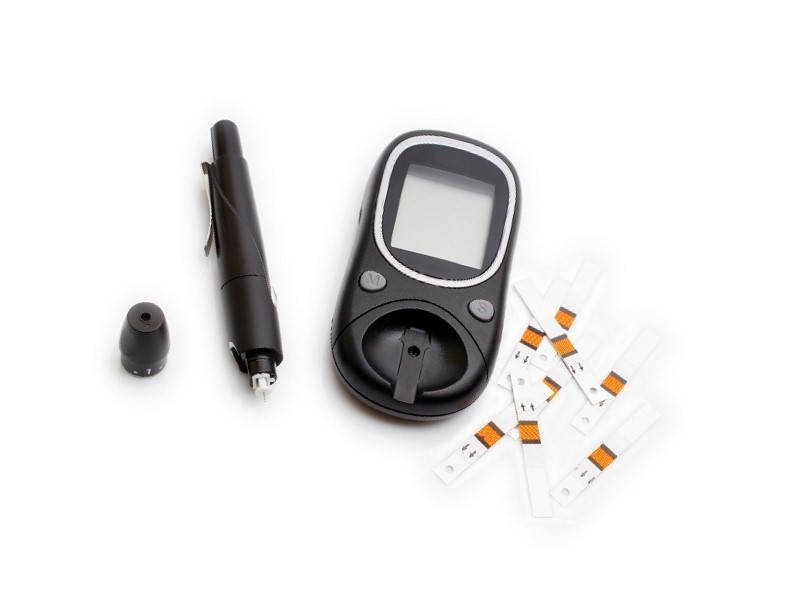
Half of the people reading this will experience a diabetic related amputation.
If you have diabetes there are special considerations for surgery and recovery. The following is general information for Type II diabetics, always discuss your individual situation with your general practitioner or endocrinologist. Well managed diabetes as opposed to poorly managed diabetes improves surgical outcomes and will help prevent further complications.

Preparation for surgery
Meet with your primary care doctor or endocrinologist to discuss your preparation. Your doctor will want to check on how well your blood sugar is being managed. You will need to take regular blood sugar readings over several weeks to determine how stable your diabetes is. If it is not stable or not well managed you need to follow your doctor’s advice as surgery with unmanaged diabetes is extremely dangerous.
Your doctor should also advise you on how to prepare for the presurgery fast and how to manage your food intake after surgery. Make sure that any instructions you are given are written down so you can refer to them later and provide copies to your treatment team if needed. Clarify with the doctor how your diabetes management plan is changing and when you should see them for a followup assessment.
If you take medication either orally or by injection it is likely your dosage will change. You will be advised on how to take your medicine before and after the surgery. Check with your doctor about taking your medicine the day before the surgery during the presurgery fast.
Have any prescriptions filled ready for your hospital stay and return home. The hospital will provide medication related to the surgery but you are in charge of supplying your regular medicine during your stay. You may not feel up to leaving the house when you first come home so make sure you have an appropriate supply of medication ready for your return home.
In the hospital
Your surgery may be scheduled for the early morning, often the first surgery of the day. Morning surgery results in a shorter fast and less chance of blood sugar instability. It is very important that all of your treatment team know that you have diabetes, this includes the nurses as they will be monitoring your condition.
Talk to your anaesthetist. The anaesthetist will monitor your diabetes during your surgery. Your aneasthetist will visit you before the surgery to discuss the process with you; tell them about your diabetic history, your medication and any complications you have. People with diabetes are at a higher risk of having their blood pressure rise while under general anaesthetic and may have shallow breathing. Your anaesthetist will need to prepare for these possible complications.
You may be given the option of an epidural anaesthetic. An epidural is anaesthetic that is injected into your spinal canal numbing from the waist down. As a patient it may be very distressing to think about being awake for a major surgery. If you choose this option ask for ear plugs and eye covers.
People with diabetes are prone to a stomach condition called gastroparesis, this means your stomach does not empty fully after digesting food. If you have this condition you will feel very nauseous after surgery. Gastroparesis also places you at risk of vomiting when going under general anaesthetic so the anaesthetist needs to plan for this possibility.
If after the surgery you are very nauseated or vomiting repeatedly tell the staff. If your food intake is affected you may need a medication adjustment. It is not unusual for patients to receive intravenous insulin after surgery to stabilise their blood sugar from the stress of the anaesthetic and fasting.
Before you are discharged ask for instructions on how to manage your wound and bandage your stump.

